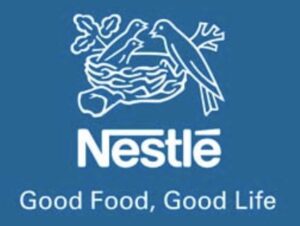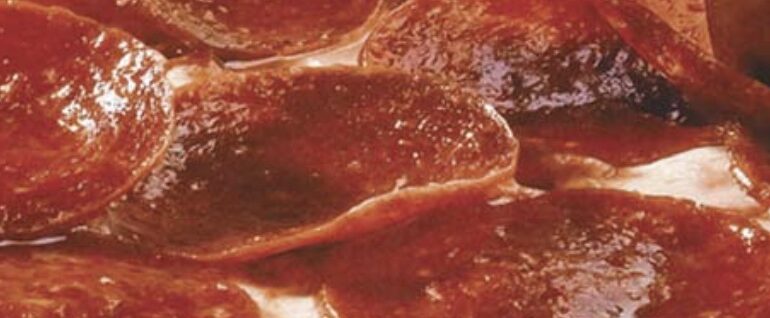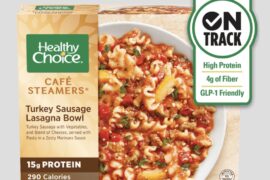Vevey, Switzerland-headquartered Nestle reported a sales decline of 5.9% to 22.1 billion francs ($24.2 billion) during the first quarter of 2024. It was the biggest drop since Q4 2022.
A slump in demand for frozen pizza and snacks in North America, as well as the winding down of the frozen meals business in Canada and supply constraints for vitamins, minerals and supplements were cited among reasons for the downturn.
Disappointing figures in the United States market were attributed in part to inflation and the reduction of Supplemental Nutrition Assistance Program (SNAP) welfare benefits resulting in a decrease in a purchasing power among low-income families, which affected the frozen food segment of the retail food market.
“We had expected a slow start and see a strong rebound in real internal growth (RIG) in the second quarter with reliable delivery for the remainder of the year,” said Nestle CEO Mark Schneider. “A wide range of growth initiatives across the group are now starting to deliver. In North America we have stepped up our innovation intensity and commercial activities, primarily in frozen food, which lost ground in the first quarter.”
Across the multinational food company’s global market zones, Q1 results were posted as follows:
• North America – -2.5% organic growth: -5.8% RIG, 3.3% pricing
• Europe – 4.4% organic growth: -0.2% RIG; 4.6% pricing
• Asia, Oceania and Africa (AOA) – 3.6% organic growth; -0.4% RIG; 4.1% pricing
• Greater China – 3.7% organic growth; 2.1% RIG; 1.5% pricing
• Latin America – 3.1% organic growth; -0.8% RIG; 3.9% pricing
Looking ahead, Nestle’s full year-outlook for 2004 was stated as follows: “We expect organic sales growth of around 4% and a moderate increase in the underlying trading operating profit margin. Underlying earnings per share in constant currency is expected to increase between 6% and 10%.






